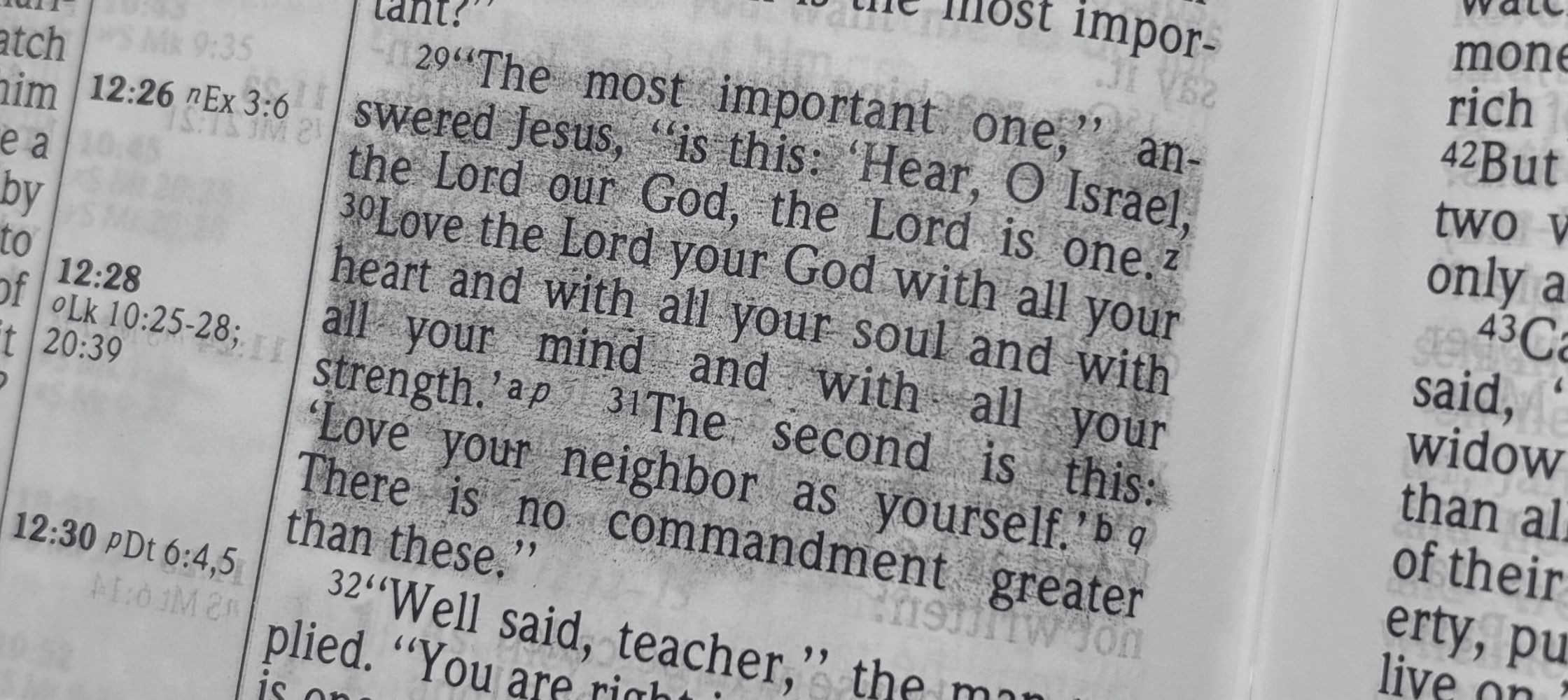Thank you! Your submission has been received!
Oops! Something went wrong while submitting the form.

By: Robert E. Zink
September 26, 2022
Without the words we use today, how would our society exist? What would our lives look like without those same words? The Lord's bestowal of language on humanity causes gratitude to overflow from my heart. By His use of words, the Lord conveys Himself to us, allowing us to know Him more. With precision, the Lord used the gift of language to put forth His truth in written form so that we never lack access. And by stringing together individual words into specific phrases, we use the Lord’s gift of words to offer praise back to Him.
Their usage in the Christian life displays the power words have in all of life. A strategic phrase or utterance may convey crucial information, redirect opinions, or transform emotions. Because of their incredible power, the words we use warrant a high level of consideration before they are used. As believers, we use words in specific ways, and because of the seriousness of what we speak about, we too must examine the words we use. Perhaps an appropriate place to begin is by evaluating the words we use to describe unbelievers.
As a young believer, those around me often used words like 'pagan' to describe those who did not follow Christ. It was a language that I myself adopted early on. It wasn't until recently that I learned that the Romans initially used the word 'pagan' to describe an incompetent soldier. It was not until the second century when Tertullian used it to refer to unfaithful soldiers of Christ, that it became used to speak of an unbeliever. Sometimes, we vary the form slightly, using other words such as 'heathen.'
In their modern usage, those terms are accurate because they reference one who has rejected God and turned towards his/her own ways. Words, though, place images and concepts in our minds. What is it, then, that words like 'pagan' and 'heathen' place in our minds? For most people, they bring up notions of savagery and barbarianism. Perhaps even someone who is uncivilized. Certainly, this isn't what we mean when we speak of unbelievers in this way.
Words, though, not only convey an image, but that image produces a reaction. In this case, we may be compelled to avoid unbelievers, speak more critically of them or to them, or worst of all, avoid sharing God's truth with them. Indeed, this is not the reaction we want to have towards unbelievers. If we are to fulfill the Lord's calling, we must cultivate a heart attitude inclined towards establishing redemptive relationships.
The words we use should not act as a barrier to establishing that heart attitude; therefore, perhaps in particular circumstances, we need to modify the terms we use. Instead of 'pagan' or 'heathen,' words like 'unbeliever,' 'doubter,' 'lost,' or 'deceived' are more helpful. Personally, I prefer these words because they express an accurate condition of those who are without Christ. They convey aspects like lack of trust or Satan's ongoing work to deceive people, resulting in us seeing the need to bring the gospel to them rather than to resist them.
As I write these things for each of us to ponder, I feel the need to express something important. I write this not in an effort to launch an initiative of political correctness or incite a revolution to 'cancel' particular words. This writing is a simple means for us to consider the effects of specific terms we use and how they influence our obedience to the Great Commission of the Lord. In fact, our considerations extend beyond the words we use to describe unbelievers to the words we use when speaking to them. But that's a discussion for next time.
